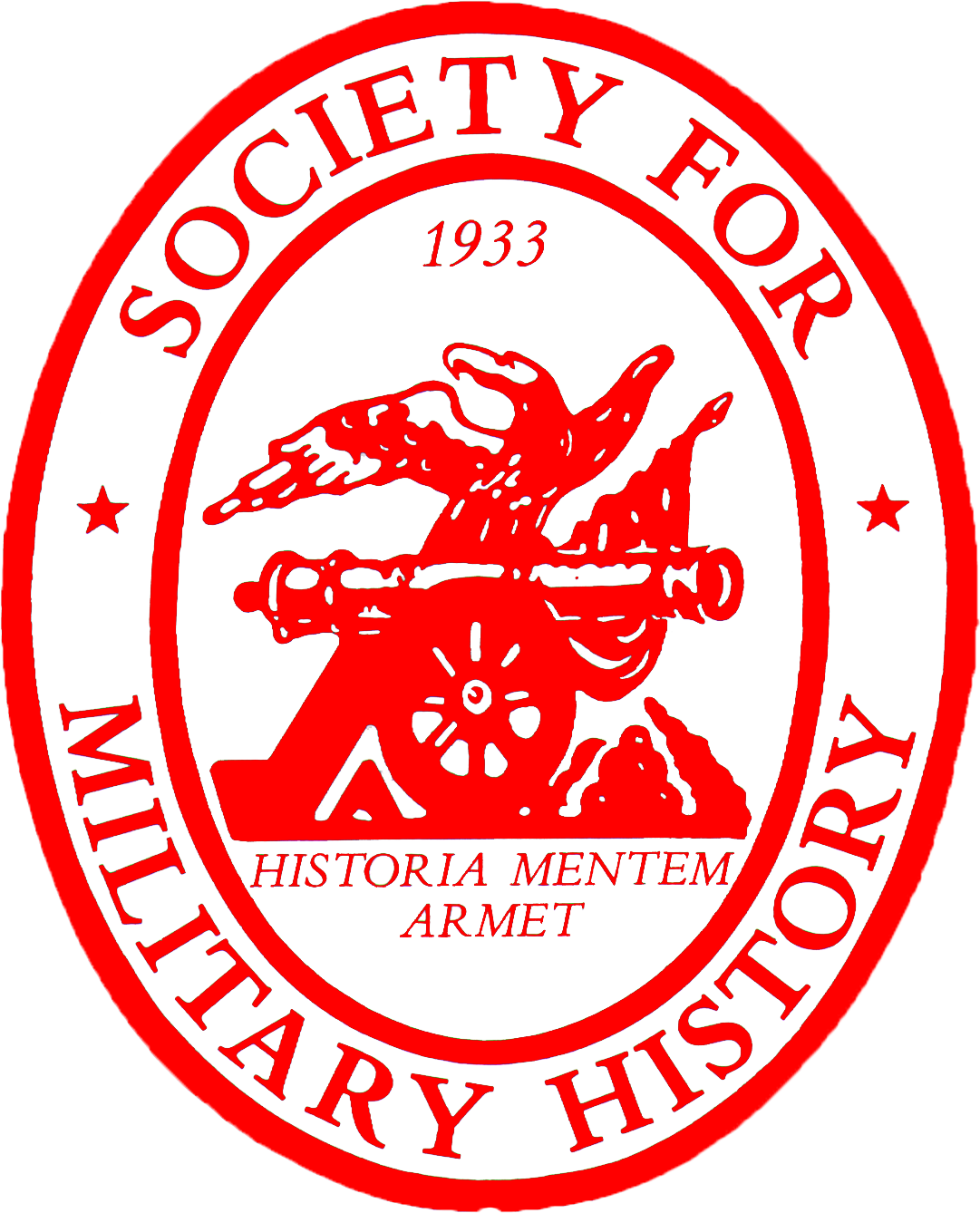
Film Archives, Multiple Locations – Los Angeles, California
by Ryan Wadle
Texas A&M University
General Information:
For military historians intending to critically or historically analyze films as part of their research projects, a visit to the Los Angeles area is an absolute necessity. Befitting the urban sprawl that characterizes the area, the film and archival collections of interest to film historians are dispersed throughout several locations in and around Los Angeles. The most important sites are the University of Southern California, the University of California-Los Angeles, and the Academy of Motion Picture Academy of Arts and Sciences’ Margaret Herrick Library. These three locations are several miles apart, so, unless one wants to rely upon the city bus system, a car is an absolute necessity to access each of the archives. Lodging can also be expensive, especially for those on tight research budgets, so searching websites with temporary rentals and subleases may be the best option. A few general tips for each of the archival locations:
- cameras are NOT allowed at any of the facilities
- researchers are strongly advised to contact these facilities at least two weeks in advance; some collections include legal files that require express permission prior to viewing
- the hours at each facility vary widely, so it is certainly possible to visit multiple archives in a single day
UCLA:
UCLA houses the Film and Television Archive at Powell Library and the Performing Arts Special Collections at the Charles E. Young Library. Funding for research is available via the Visiting Research Stipend which provides $3,000 for researchers who have a need to research the collection. The Film and Television Archive’s database lists its holdings, which include many rare older films and newsreels. For some items in the collection, advance notice must be given to view material which has not already been transferred to videocassette or DVD. Even then, many of the Archive’s holdings are in poor physical condition or undergoing restoration and may be inaccessible. Researchers can view their films in small, private rooms almost completely free of outside distractions. Only a photo ID is required to access the Film and Television Archive, but a temporary library ID must be obtained to gain access to the Performing Arts Collections. The Performing Arts Collection contains archival documents related to the history film and television production, including film scripts, but portions of the collection include legal files that require a request for permission to view.
USC:
On the main campus of the University of Southern California, researchers can visit the Hugh Hefner Moving Image Archive and the Cinematic Arts Library housed on the first floor of the Doheny Library. The Cinematic Arts Library includes both an extensive catalog of film and television shows as well as the Performing Arts Collection that contains papers from several major motion picture studios. USC also hosts the Warner Brothers Archive offsite in a warehouse located at 3716 South Hope Street just to the east of the Harbor Freeway. Advance reservations are required as the archive is not open to the general public. Researchers must fill out a request form linked on their website, but additional requests can be submitted onsite. Boxes of records are placed on a cart for researchers for examination at an individual table in the reading room. To request photocopies, researchers must fill out a form, and receipt of copies can take several days.
Margaret Herrick Library:
The Herrick Library is located at 333 La Cienega Boulevard next to the Beverly Hills Tennis Club. The building itself is a renovated water pumping station and, in addition to its archival collection, holds a large number of film books and journals and displays numerous pieces of film memorabilia. The library’s website has a detailed listing of its holdings, and finding aids for its core collections can be found within the library itself. Among the more notable individual paper collections include Paramount Pictures, the Production Code Authority, and persons involved with the stages of film production such as Alfred Hitchcock. Researchers can request all or parts of collections which are pulled from the stacks, but researchers are only granted access to one folder at a time.
(Fall 2011)
